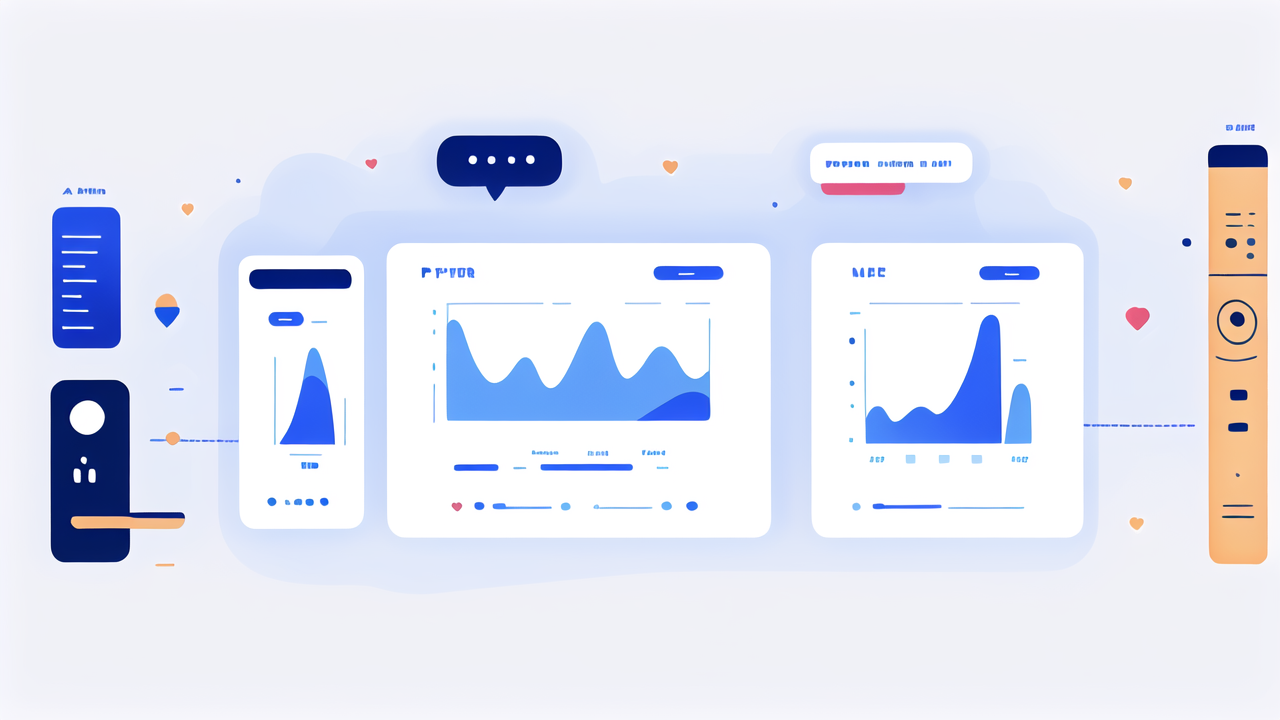Understanding the Impact of Fitness Trackers on the US Market
The Rise of Fitness Awareness and Its Technological Underpinnings
Fitness trackers have become a staple in American health culture. These devices have sparked a

new era of fitness awareness. They offer real-time data on physical activity, sleep patterns,
and heart rate. This information helps users make informed decisions about their health.
The tech behind fitness trackers has evolved rapidly. Early models simply counted steps. Now,
they monitor a wide range of health metrics. This includes blood oxygen levels, stress levels,
and even ECG readings. The growth of this tech reflects a shift in how Americans view health.
Key Market Drivers for Fitness Tracking Devices
Several factors fuel the growth of fitness trackers in the US market. First, there's a growing
focus on preventive healthcare. People want to take charge of their health before problems arise.
Fitness trackers offer a way to do this.
Another driver is the rise of the 'quantified self' movement. This trend involves tracking
personal data to improve one's life. Fitness trackers fit perfectly into this mindset. They
provide users with a wealth of data about their bodies and habits.
Lastly, social media plays a role. Many fitness trackers allow users to share their progress
online. This creates a sense of community and motivation among users.
Ethical Considerations and User Privacy
As fitness trackers collect more data, privacy concerns grow. Users worry about who has access
to their health information. There are questions about how companies use and store this data.
Some fear that insurers or employers could use this data against them. This could lead to higher
premiums or job discrimination. As a result, many users want more control over their data.
Companies are responding to these concerns. Many now offer enhanced privacy settings. Some allow
users to delete their data at any time. However, balancing data collection with privacy remains
a challenge.
Analyzing the Role of Fitness Trackers in Consumer Behavior
How Wearables Influence Daily Exercise Routines
Fitness trackers have changed how many Americans approach exercise. They provide constant

reminders to move and stay active. This has led to increased awareness of daily activity levels.
Many users report feeling more motivated to exercise. The ability to set and track goals is a
key factor. Seeing progress in real-time can be very encouraging. It often leads to more
consistent exercise habits.
Some trackers also offer guided workouts or exercise suggestions. This feature can be especially
helpful for beginners. It provides structure and guidance for those unsure where to start.
The Shift Towards Personalized Health and Wellness Programs
Fitness trackers enable highly personalized health programs. They collect data on individual
habits and patterns. This allows for tailored recommendations and goals.
Many trackers now integrate with nutrition apps. This creates a more holistic approach to health.
Users can track both their exercise and diet in one place. This comprehensive view helps create
more effective wellness plans.
Some companies are partnering with healthcare providers. This allows for even more personalized
health guidance. Doctors can use tracker data to make more informed decisions about patient care.
The Importance of Data Accuracy in Fitness Regime Adoption
The accuracy of fitness trackers is crucial for user trust and adoption. Users rely on this data
to make health decisions. Inaccurate data could lead to poor choices or false confidence.
Many companies invest heavily in improving accuracy. They use advanced sensors and algorithms.
Some partner with research institutions to validate their tech. This focus on accuracy helps
build user trust.
However, no tracker is perfect. Users should understand the limitations of these devices. They
should use tracker data as a guide, not absolute truth. Combining tracker data with professional
medical advice is often the best approach.
The Future of Fitness Tech in the United States
Innovations on the Horizon for Fitness Wearables
The future of fitness trackers looks exciting. Many new features are in development. Some

trackers may soon be able to detect early signs of illness. This could include things like
flu or even heart problems.
Wearable tech is also becoming more discreet. Companies are developing smart clothing and
jewelry. These items can track health data without looking like typical fitness devices.
Another trend is the integration of mental health tracking. Some devices now monitor stress
levels and sleep quality. Future versions may offer meditation guidance or mood tracking.
Potential Regulatory Changes and Their Implications
As fitness trackers become more advanced, regulation may increase. The FDA is already looking
at some trackers as medical devices. This could lead to stricter rules on data accuracy and
privacy.
New laws may also address data ownership and sharing. Users may gain more control over their
health data. Companies might need to be more transparent about how they use this information.
These changes could impact how fitness trackers are developed and marketed. Companies may need
to invest more in testing and compliance. This could lead to higher costs but also more
reliable products.
The Role of Artificial Intelligence and Machine Learning in Fitness Technology
AI and machine learning are set to revolutionize fitness tech. These technologies can analyze
vast amounts of data. This allows for more accurate predictions and personalized advice.
AI could help identify patterns in user behavior. It might suggest ways to improve sleep or
reduce stress. Machine learning could also help detect anomalies in health data. This could
lead to early warning systems for health issues.
As these technologies advance, fitness trackers may become even more proactive. They might
offer real-time coaching or adjust goals based on user performance. This could make fitness
trackers even more valuable tools for health management.




Leave a comment
This site is protected by hCaptcha and the hCaptcha Privacy Policy and Terms of Service apply.